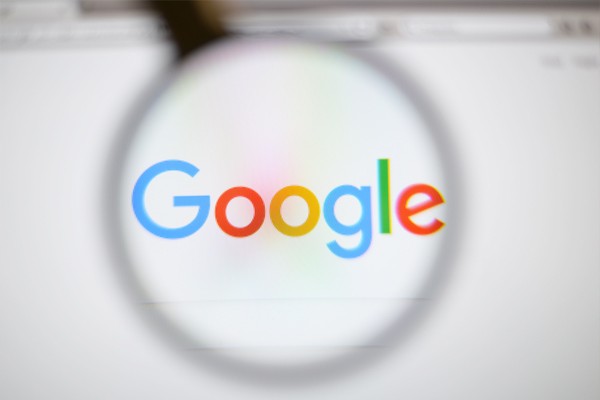-
Tips for becoming a good boxer - November 6, 2020
-
7 expert tips for making your hens night a memorable one - November 6, 2020
-
5 reasons to host your Christmas party on a cruise boat - November 6, 2020
-
What to do when you’re charged with a crime - November 6, 2020
-
Should you get one or multiple dogs? Here’s all you need to know - November 3, 2020
-
A Guide: How to Build Your Very Own Magic Mirror - February 14, 2019
-
Our Top Inspirational Baseball Stars - November 24, 2018
-
Five Tech Tools That Will Help You Turn Your Blog into a Business - November 24, 2018
-
How to Indulge on Vacation without Expanding Your Waist - November 9, 2018
-
5 Strategies for Businesses to Appeal to Today’s Increasingly Mobile-Crazed Customers - November 9, 2018
Google is using an AI called ‘RankBrain’ to answer ambiguous questions
Google is using artificial intelligence to process about 15 percent of queries a day.
Advertisement
It’s common to say you want to “Google something” when in reality you just want to search for something on the internet, that’s how deep Google has embedded itself in our hearts and minds.
“With six products now having more than 1 billion users globally, we’re excited about the opportunities ahead of Google, and across Alphabet”, Ruth Porat, CFO of Alphabet, Google’s new parent company, and Google, said upon the release of financial results for the third quarter of 2015. More areas are now covered by the world-wide web.
So it shouldn’t surprise anyone that Google has been crunching more data now than before – and it needs additional “manpower”.
For the past few months, a “very large fraction” of the millions of queries a second that people type into the company’s search engine have been interpreted by an artificial intelligence system, nicknamed RankBrain, said Greg Corrado, a senior research scientist with the company, outlining for the first time the emerging role of AI in search.
The majority of the world’s Google searches have already been searched, but new, ambiguous queries can cause hiccups. The AI links the written language that users send to Google with computer-friendly mathematical expressions and models that the search engine’s servers can actually understand.
But unlike other Google algorithm signals, like Panda, Penguin and Hummingbird which are ranking signals to find quality websites and eliminate spammers, RankBrain’s job is to process never-before-seen and more complex questions coming from Google users. RankBrain still sits alongside hundreds of other systems that all influence the final algorithm responsible for displaying the listings on Google’s search results pages. An example of an ambiguous query would be something like, “What’s the title of the consumer at the highest level of the food chain?”
Google’s artificial intelligence technology was announced shortly after Facebook opened its “search” network last Thursday.
Advertisement
“Research at Google is unique”, according to the company’s research site.




























